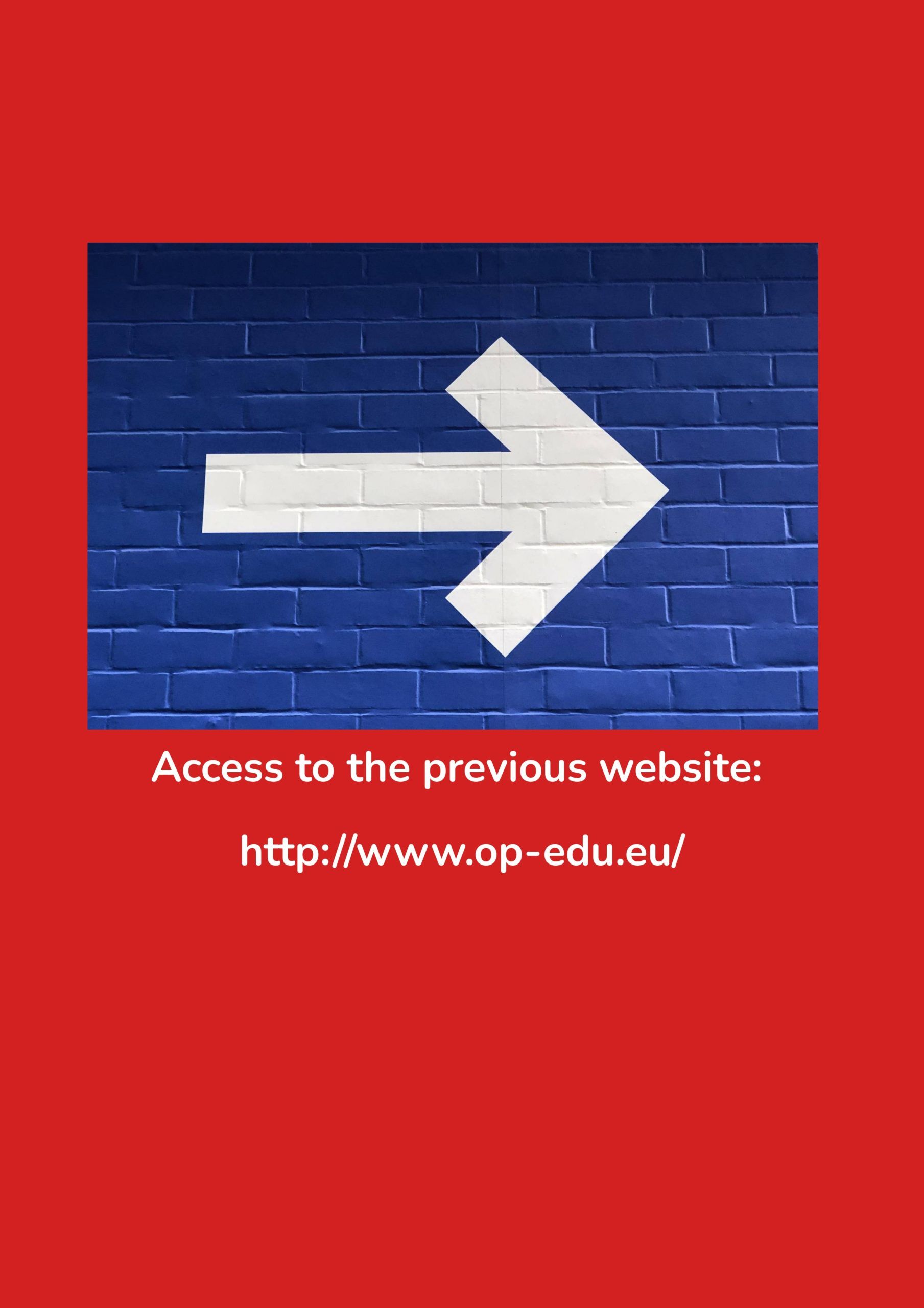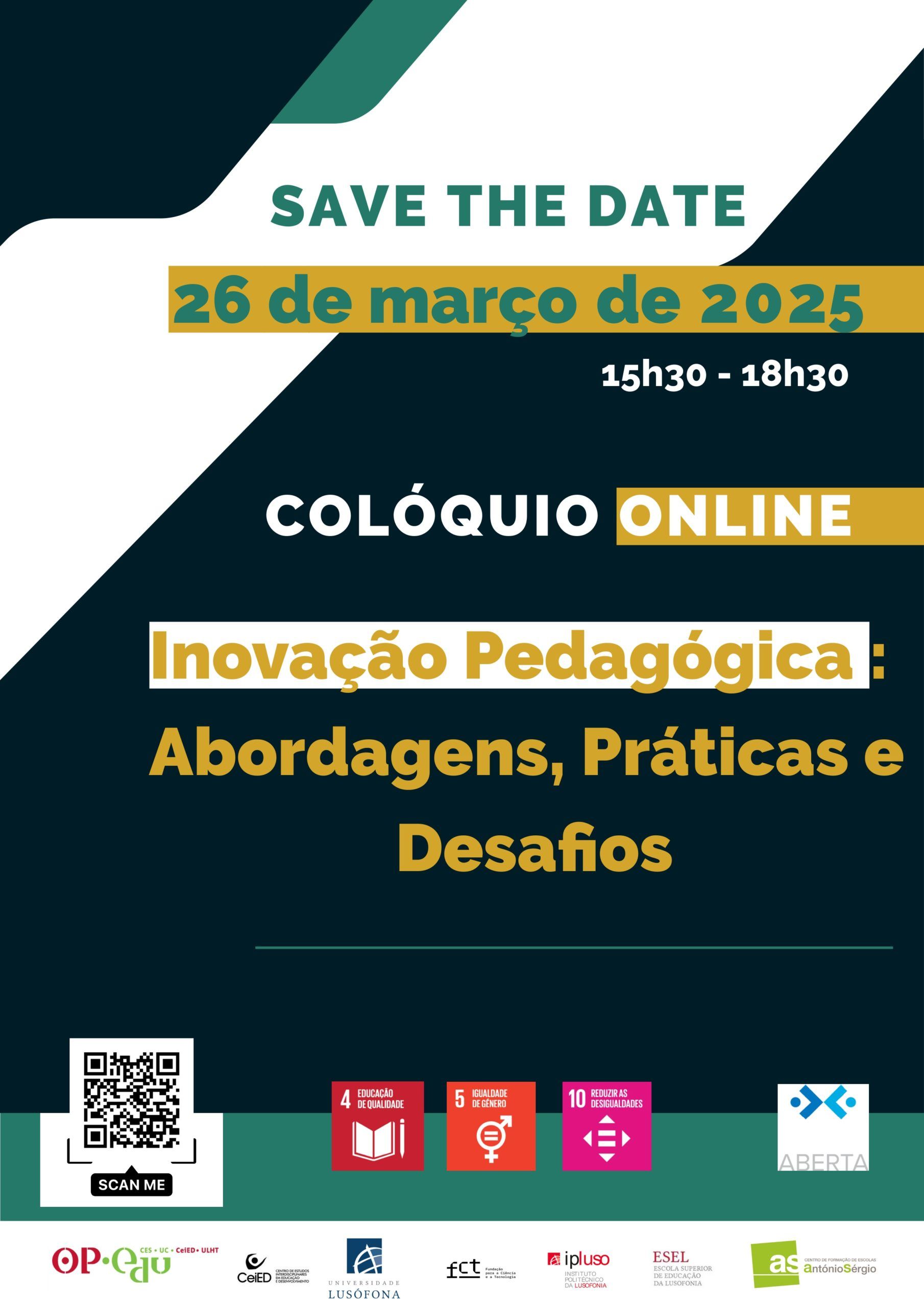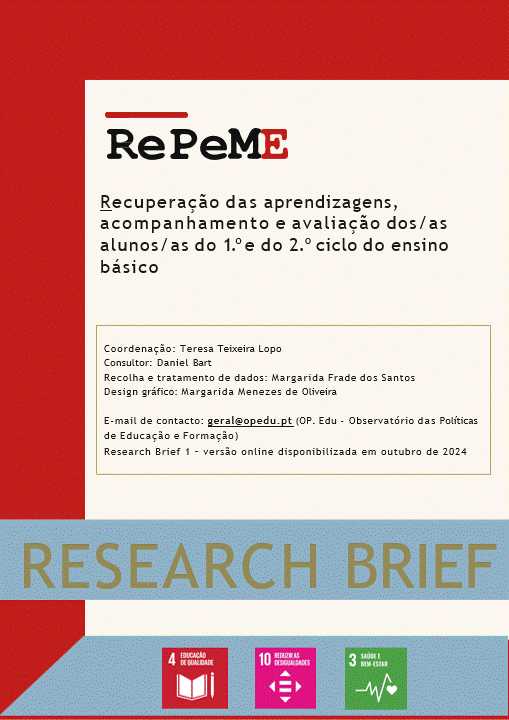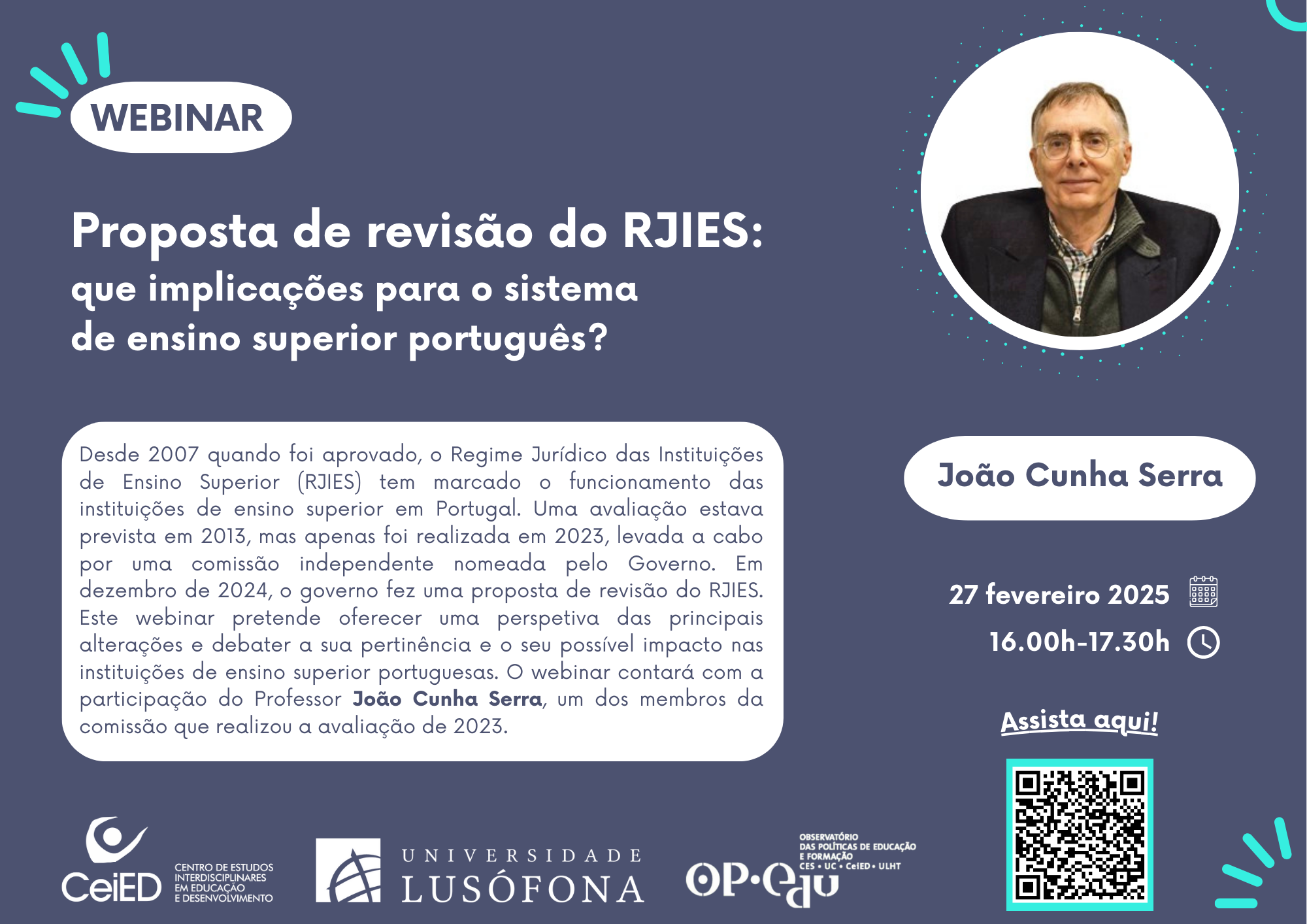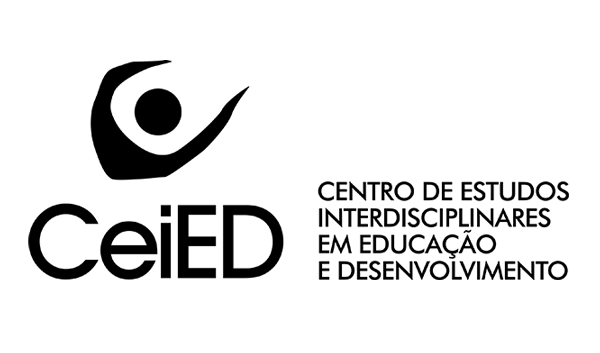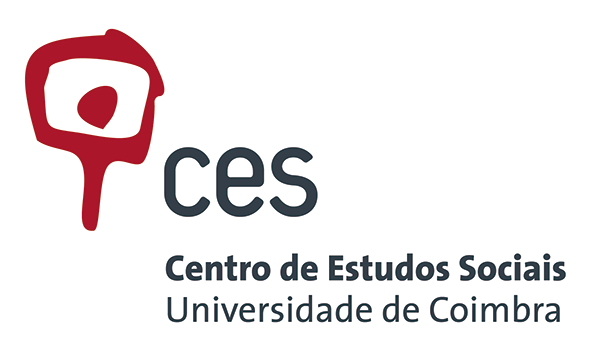Workshops | Scientific Initiation

Online Open Class on Electronic Search in Bibliographic Databases | 17 October 2023 | 12:00 – 13:30
OP.Edu – the Observatory for Education and Training Policies organises, in collaboration with the School of Education of IPLUSO (ESEL-IPLUSO), an Online Open Class on Electronic Search in Bibliographic Databases.
The session, which will be facilitated by the Director of the Victor de Sá Library, Professor José Carlos de Carvalho, will take place on Tuesday, October 17, from 12:00 to 13:30. Participation is free. You can access the Zoom link here.

School of Science | Initiation to Scientific Research and Digital Experiences
OP.Edu took part in the School of Science: Initiation to Scientific Research and Digital Experiences, carried out by CeiED in collaboration with CICANT, Copelabs, and Hei-Lab, which took place throughout the month of September 2022. This initiative was part of the special support Verão com Ciência of FCT – the Portuguese Foundation for Science and Technology, aimed at scientific and technological research activities in R&D units to enhance scientific capacity and its relationship with higher education and society.
OP.Edu’s activities were facilitated by researchers Cristina Sin, Inês Vieira, Orlanda Tavares, Sónia Cardoso, and Teresa Teixeira Lopo.
Program
September 12
Morning – Teresa Teixeira Lopo
- Presentation of OP.Edu
- General presentation of the Utopias de Abril project and the Popular Education Experiences task
- The collection of information: concepts of archive and document, types of sources, and criteria for evaluating the documents to be collected
- Practical application exercises
- Research in the electronic resources of the Victor de Sá Library (session with the Library Director, José Carlos de Carvalho)
Afternoon – Inês Vieira
- Exploration of online historical archives
- Research on contents related to Popular Education Experiences
- Synthesis and preliminary categorisation of the collected material
September 13
Morning – Cristina Sin, Orlanda Tavares, and Sónia Cardoso
- Research in bibliographic databases (Scopus, B-On, etc.) within the scope of Popular Education Experiences
- Organisation of the collected information using reference management tools (e.g. Zotero)
Afternoon – Cristina Sin, Orlanda Tavares, and Sónia Cardoso
- Research in quantitative/statistical databases in the field of education (Census, DGEEC, etc.)
- Organisation of the collected data

Workshop | Content Analysis using MAXQDA: Introduction
OP.Edu organised the Workshop Content Analysis using MAXQDA: Introduction for students of the PhD course in Education at the Lusófona University – University Centre of Lisbon. The Workshop, part of the 2022/2023 Workshops program of the Citizen Science Doctoral College – CeiED, took place on July 18, 2022 and was facilitated by the MAXQDA Professional Trainer and OP.Edu researcher Teresa Teixeira Lopo.
Objectives of the Workshop
This workshop aims to provide basic training in qualitative data analysis using MAXQDA. Particular emphasis will be given to content analysis as a technique capable of linking with computer tools to support the data analysis process. At the end of the workshop, participants will be able to plan and perform content analysis operations with the most common types or sources of data, including press collections, legal diplomas, and interviews, to calculate frequencies and to represent results graphically.
Contents
A. Linking the operations of content analysis with the operations of the MAXQDA software application
- Content analysis: general assumptions, organisation/phases, key terms, references
- MAXQDA: characteristics and key terms
B. Starting MAXQDA
- Interface
- Windows, menus and layout
C. Data and coding
- Project file creation
- Import of documents (Word and PDF texts)
- Creating a code system
- Word search
D. Reporting of data
- Export of a dictionary of categories and coded segments
- Export of annotations
- Frequency tables and charts
Notícias / News
- Home
- Workshops | Scientific Initiation
